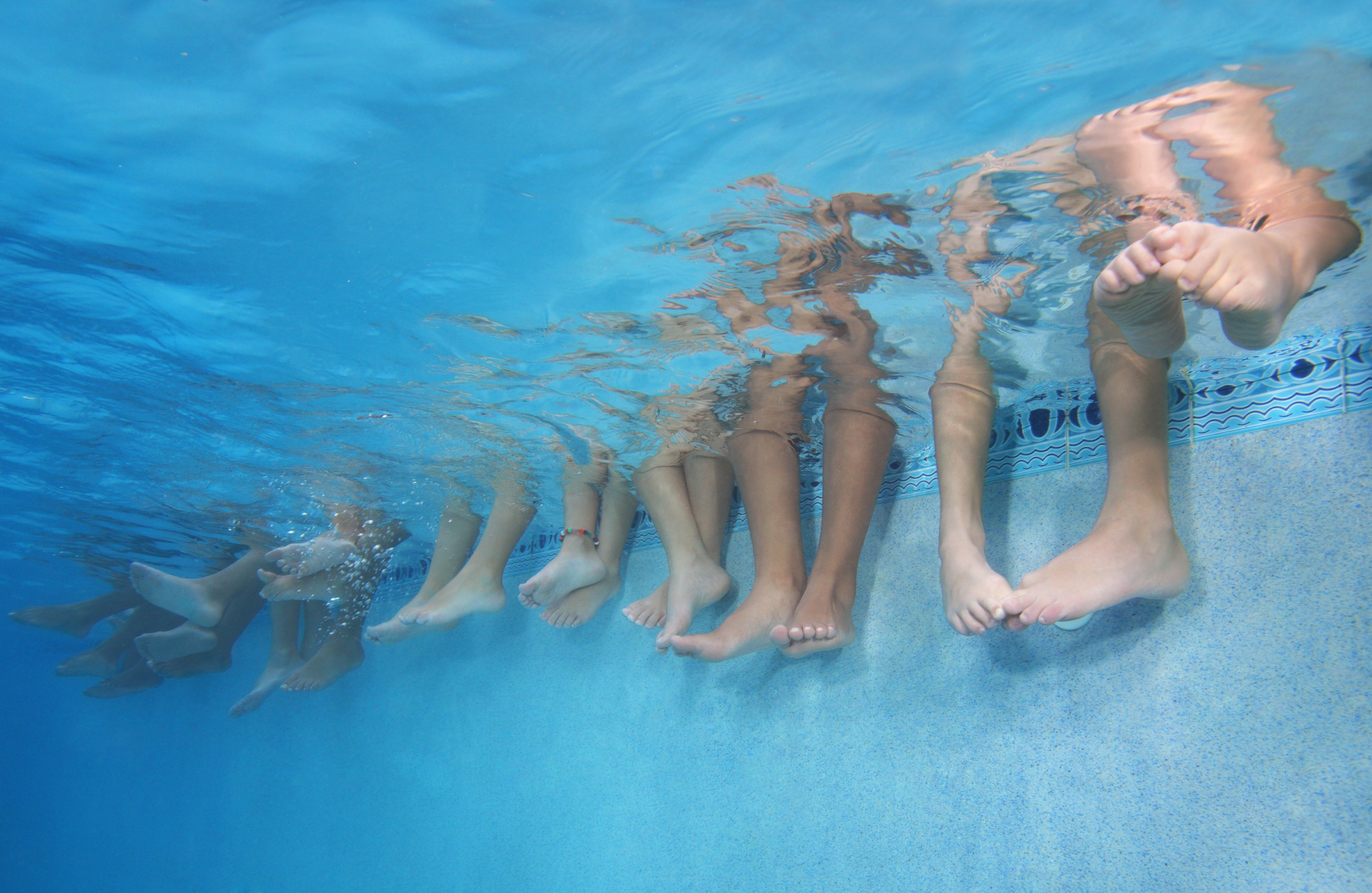
Tahsiyn Ismaa’eel has been taking children in her summer program to a local Wilmington, Delaware pool for years, but last month things took a dispiriting turn.
According to Ismaa’eel, who runs an Arabic enrichment program for young people, several girls in her group were told they had to get out of the pool because of their hijabs (headscarves) and their modest clothing, which included t-shirts and longer shorts.
The pool manager said the children were asked to leave — and even called the police — because they were wearing cotton, which she argued was unsafe and would clog the pool’s filtration system. But Ismaa’eel said her group felt singled-out, especially when others wearing similar fabrications were allowed to stay.
“There’s nothing posted that says you can’t swim in cotton,” she said to The News Journal, a Delaware outlet. “At the same time, there are other kids with cotton on. … I asked, ‘Why are my kids being treated differently?'”
Ismaa’eel felt like her group was targeted because they’re Muslim, and Mia Miller, the parent of three children who were asked to get out of the water, echoed Ismaa’eel’s sentiments.
“It’s discrimination any way you look at it,” Miller told a local paper. “I witnessed other kids dressed the same way. … My daughter sat there and cried that day because they had to get out of the pool.”
Glenda Pinkett, the pool’s manager (who also happens to be Black), denies targeting the group because of their religion.
“Nobody was discriminated. As I did with all our patrons, we asked them to not wear cotton,” she continued, acknowledging the policy was not posted at the pool. “They have a group of young girls that was dressed in inappropriate attire, covered. You can be covered. That’s fine. You just can’t wear cotton.”
City officials initially stood by the vague policy that banned “inappropriate” clothing from being worn in the pool, but after a public outcry, Mayor Mike Purzycki affirmed that “all people are welcome at city pools.”
Purzycki also apologized for the incident. “We should be held accountable for what happened and how poorly we assessed this incident,” he said in a statement. “I apologize to the children who were directed to leave a city pool because of the religious-required clothing they were wearing. We also referred to vaguely-worded pool policies to assess and then justify our poor judgment, and that was also wrong.”
In spite of the apology by the mayor, Muslim Advocates, an advocacy and education organization, has called for a full investigation into the issue.
“There is a long and sordid history in this country of people of color — particularly African-Americans — facing discrimination at the swimming pool. Swimming while Black or Muslim is not grounds to eject children from a public pool,” said Juvaria Khan, staff attorney at Muslim Advocates, in a statement. “Under the guise of ‘safety’ concerns, the pool staff has repeatedly kept children — some of them as young as preschoolers — from enjoying the pool with their friends. Wilmington’s African-Americans and Muslims deserve better.”
“An empty apology from the mayor is not enough, if it’s not backed with action,” Khan continued. “The city has a legal and moral obligation to ensure that everyone in its community is welcome at the pool, regardless of their race, religious beliefs, or ability to afford certain swimming wear. We call on the city to act immediately.”Ismaa’eel said she’ll work with her campgoers to adhere to the pool’s dress code — as long as it’s posted and enforced fairly.
